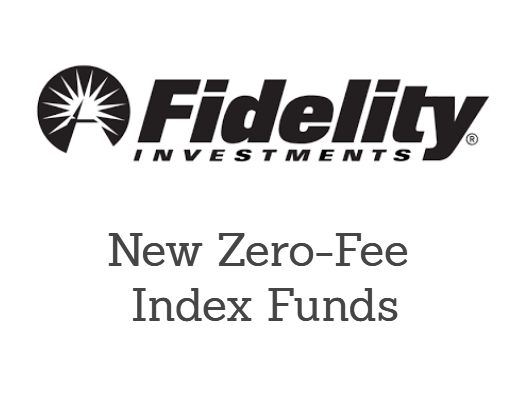After months of grinding steadily lower, shares in coal mining operations suddenly powered up in September.
Arch Coal (ACI) led the way with a stunning move from 99 cents to as high as $10.35 just a couple weeks later.
Others coal companies got caught up in the fervor. Peabody (BTU) went from a buck to $2.75 in short order, and Cloud Peak (CLD) enjoyed a double from $2.50 up to the $5 range. The coal stocks are down somewhat from their highs, Arch is at $7 today, Peabody at $2.20 and Cloud right at $4. As such, some people are saying this might be the time to load up before the next move higher.

What was the cause of the move? It wasn’t an improvement in coal industry fundamentals, we’ll get to those in a second. And it certainly wasn’t a brighter outlook for the stock market, economy, or other such general indicators.
No, the coal sector was up because of a more arcane reason. Arch Coal, the biggest winner in the frenzy, announced that it is offering a debt swap. It would exchange near term debt for longer-term debt, offering creditors a high interest rate in return for the expanded duration of the loan.
The company would also, it hopes, get $300 million in new loans as part of the swap. This would allow Arch to have a few more years of margin to try to hang on through this brutal coal market slump.
And time is something Arch Coal desperately needs. The company has $5.2 billion in debt, against only $689 million in cash as of last quarter. If the company is unable to defer its near term debt obligations, it will almost undoubtedly be forced into bankruptcy.
The company had negative levered cash flow of $61 million last year, the company’s operations aren’t even producing a positive result before starting to pay interest.
So yes, this debt swap is basically the last hope for the company, if it is to avoid bankruptcy. Peers such as Alpha Natural Resources, and Walter Energy have already filed bankruptcy.
Even if the deal succeeds, Arch Coal will still face more than $4 billion in debt, have an unprofitable business, and face declining industry fundamentals. The stock is, at best, a very long-term very low-probability call option on the coal industry roaring back to life.
If Arch Coal can run the gauntlet of avoiding bankruptcy, hanging on by a thread for the next two years, and then maybe see things turn up in 2017 if a Republican is elected and ends the current war on coal, if all that happens, then maybe the equity has some value. If not, the stock is a zero.
The coal industry has been shrinking for the past decade, as environmentalists and politicians have successfully lobbied against the most contaminating of the country’s major fuel sources.
The rise of cheap domestic natural gas has been a huge blow to the coal industry. Power companies monitor the prices of coal and natural gas closely. Many utilities have excess generating capacity, and as such can choose whether to run based coal or natural gas based on market prices. With natural gas running at historic lows, natural gas is taking more and more share of the market, particularly since it is environmentally friendlier as well.
Additionally, the current administration has taken a negative view toward coal and has subsidized more environmentally friendly alternatives including wind and solar.
For the coal industry to experience a big turnaround, either demand needs to go up, or supply needs to drop. The easier way out of this is for supply to drop, and the easiest way for that to happen is for more suppliers to go bankrupt. Assuming this happens, then Arch Coal, Cloud Peak, Peabody, and the rest that are still alive are likely to follow Walter and Alpha Natural into bankruptcy.
For the existing coal equities to have any value, demand needs to rise sharply. And that entails a reversal of anti-coal government policies and also a reversal of the trend among utilities to use more natural gas and less coal. It seems doubtful this would happen in time to save the current coal industry’s shareholders.
The rally in past weeks in the sector looks more like a gigantic short covering squeeze based on misplaced optimism rather than anything substantial. We advise avoiding the sector.


